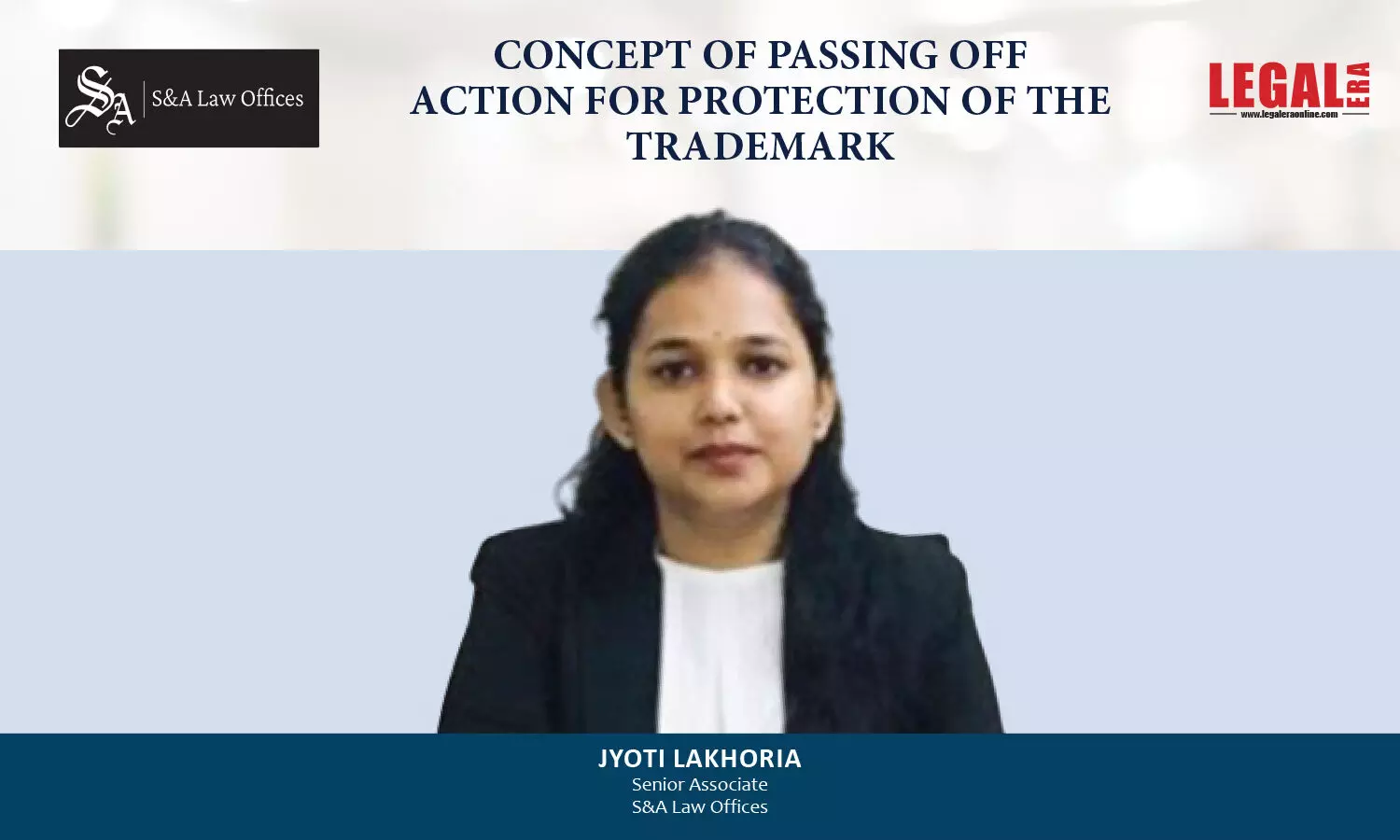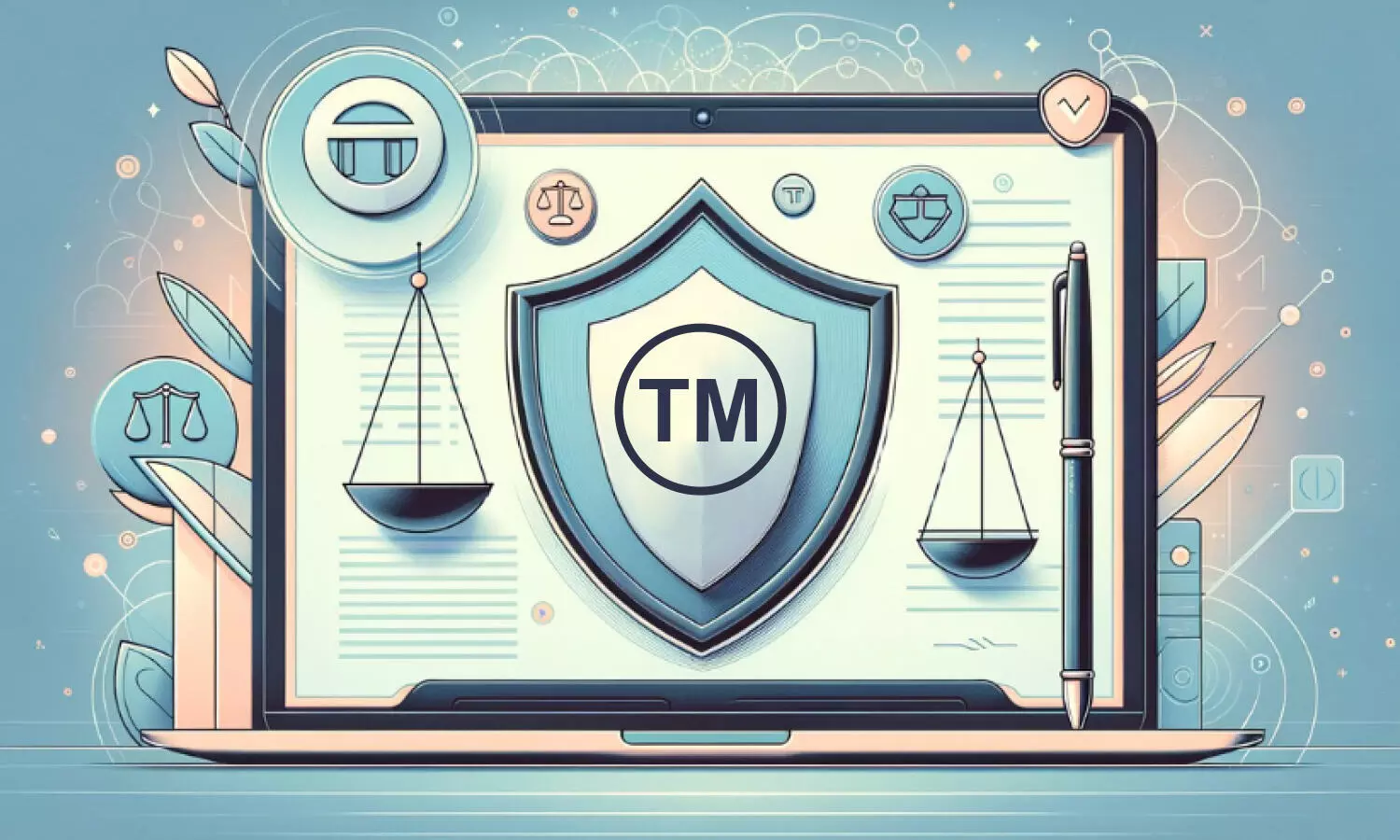- Home
- News
- Articles+
- Aerospace
- Artificial Intelligence
- Agriculture
- Alternate Dispute Resolution
- Arbitration & Mediation
- Banking and Finance
- Bankruptcy
- Book Review
- Bribery & Corruption
- Commercial Litigation
- Competition Law
- Conference Reports
- Consumer Products
- Contract
- Corporate Governance
- Corporate Law
- Covid-19
- Cryptocurrency
- Cybersecurity
- Data Protection
- Defence
- Digital Economy
- E-commerce
- Employment Law
- Energy and Natural Resources
- Entertainment and Sports Law
- Environmental Law
- Environmental, Social, and Governance
- Foreign Direct Investment
- Food and Beverage
- Gaming
- Health Care
- IBC Diaries
- In Focus
- Inclusion & Diversity
- Insurance Law
- Intellectual Property
- International Law
- IP & Tech Era
- Know the Law
- Labour Laws
- Law & Policy and Regulation
- Litigation
- Litigation Funding
- Manufacturing
- Mergers & Acquisitions
- NFTs
- Privacy
- Private Equity
- Project Finance
- Real Estate
- Risk and Compliance
- Student Corner
- Take On Board
- Tax
- Technology Media and Telecom
- Tributes
- Viewpoint
- Zoom In
- Law Firms
- In-House
- Rankings
- E-Magazine
- Legal Era TV
- Events
- Middle East
- Africa
- News
- Articles
- Aerospace
- Artificial Intelligence
- Agriculture
- Alternate Dispute Resolution
- Arbitration & Mediation
- Banking and Finance
- Bankruptcy
- Book Review
- Bribery & Corruption
- Commercial Litigation
- Competition Law
- Conference Reports
- Consumer Products
- Contract
- Corporate Governance
- Corporate Law
- Covid-19
- Cryptocurrency
- Cybersecurity
- Data Protection
- Defence
- Digital Economy
- E-commerce
- Employment Law
- Energy and Natural Resources
- Entertainment and Sports Law
- Environmental Law
- Environmental, Social, and Governance
- Foreign Direct Investment
- Food and Beverage
- Gaming
- Health Care
- IBC Diaries
- In Focus
- Inclusion & Diversity
- Insurance Law
- Intellectual Property
- International Law
- IP & Tech Era
- Know the Law
- Labour Laws
- Law & Policy and Regulation
- Litigation
- Litigation Funding
- Manufacturing
- Mergers & Acquisitions
- NFTs
- Privacy
- Private Equity
- Project Finance
- Real Estate
- Risk and Compliance
- Student Corner
- Take On Board
- Tax
- Technology Media and Telecom
- Tributes
- Viewpoint
- Zoom In
- Law Firms
- In-House
- Rankings
- E-Magazine
- Legal Era TV
- Events
- Middle East
- Africa

Concept Of Passing Off Action For Protection Of The Trademark
Concept Of Passing Off Action For Protection Of The Trademark

Concept Of Passing Off Action For Protection Of The Trademark INTRODUCTION In situations where the owner's trademark has not been registered, passing off is extremely crucial. However, establishing passing off, can be challenging as the claimants have to show that there is a chance that the public will get confused from where the goods or services originated. In cases involving passing off,...
To Read the Full Story, Subscribe to Legal Era News
Access Exclusive Legal Era Stories, Editorial Insights, and Expert Opinion.
Already a subscriber? Sign in Now
Concept Of Passing Off Action For Protection Of The Trademark
INTRODUCTION
In situations where the owner's trademark has not been registered, passing off is extremely crucial. However, establishing passing off, can be challenging as the claimants have to show that there is a chance that the public will get confused from where the goods or services originated. In cases involving passing off, the crucial inquiry is required to check whether the defendant's actions create doubt and may jeopardize the plaintiff's goodwill.
The intricacies of passing off under the Indian Trademarks Act,1999 will be discussed in this article, along with its development, types of passing off, and challenges in establishing a successful passing-off claim. We'll also talk about how important passing off is for preserving intellectual property rights.
PASSING OFF
Indian Trademarks Act 1999 does not define passing off however, Section 27 acknowledges a trademark owner's common law rights, allowing the owner to file a lawsuit against anyone found to be passing off goods or services as belonging to another person or as services rendered by another person.
When a trademark or trade name is illegally used in a way that leads the public to believe that goods or services provided by one party are those of another, this is known as passing off. The reputation and goodwill of the trademark's rightful owner may suffer because of this deception.

The Act acknowledges passing off as a means of safeguarding unregistered trademarks and averting unfair competition. It can confuse consumers and lessen the original trademark's distinctiveness when someone sells goods or services under a mark that is confusingly similar to another party's already-existing mark. The Trademark Act's "passing off" provision gives the harmed party the ability to legally demand restitution and forbid such unauthorized use of their mark.
The concept of passing off is a crucial tool under the Indian Trademarks Act of 1999 for defending the rights of trademark owners, ensuring the authenticity of their marks, and sustaining consumer confidence in the marketplace.
TYPES OF PASSING OFF
In trademark law, passing off can take many different forms, each with its own set of challenges and implications for trademark owners. There are numerous classifications of passing off, which correspond to the different ways in which unauthorized use of trademarks can tarnish the reputation of rightful owners and create misunderstanding.
DIRECT PASSING OFF:
When someone purposefully uses a mark that is exact or strikingly similar to another parties, confusing consumers, this is known as direct passing off. This type of passing off involves the deliberate and flagrant misrepresentation of the source of goods or services, often leading to harm to the goodwill and distinctiveness of the original trademark.
INDIRECT PASSING OFF:
The use of a trade name or trademark by one party that, while not exact, creates confusion or a connection with the mark of another party is known as indirect passing off. This could occur because of minor parallels in the overall image given by the marks, leading customers to mistakenly attribute goods or services to the wrong source. It might be challenging to assess the degree of misinterpretation and the ensuing damage to the original mark's goodwill when there is indirect passing off.
REVERSE PASSING OFF:
In reverse passing off, a trader rebrands and substitutes the trademark owner's items for their own, leading the public to assume that the goods are their own. In this scenario, the original trademark's goodwill would gradually erode as the public began to link the attributes of the trademark owner's goods with the replaced product.
SETTING UP REQUIREMENTS FOR PASSING OFF UNDER THE TRADEMARK ACT
According to the Trademark Act of 1999, a passing off claim cannot be successful unless it can show that there was misrepresentation and that the legitimate trademark owner's goodwill was harmed as a result. These elements are the cornerstones upon which a court can prove passing off.
GOODWILL AND REPUTATION: A passing-off claim depends on the presence of goodwill and reputation associated with the unregistered trademark. The claimant must demonstrate that the contested trademark has grown in recognition and familiarity among customers, fostering the development of a strong reputation and goodwill in the industry. Enforcing the trademark owner's rights against unauthorized use and misrepresentation is based on this goodwill.
MISREPRESENTATION: The aspect of misrepresentation is crucial to passing off claims. It entails the unlawful use of a trademark to mislead customers about the source of goods or services. The plaintiff has to demonstrate that the defendant's acts have caused, or are likely to cause, the public to associate the claimant's trademark with itself.
DAMAGES: The claimant must prove actual or prospective harm in addition to deception and the probability of confusion. This could manifest as monetary loss, damage to one's reputation, or dilution of the unique qualities and goodwill associated with the brand. It is essential to provide evidence of this harm to the plaintiff's company in order to support the passing-off claim.
DISTINGUISHING AREA OF TRADEMARK INFRINGEMENT FROM PASSING OFF?
There are two different ideas: trademark infringement and passing off. Passing off is a common law remedy, whereas infringement is a statutory remedy. Using various legal strategies, both seek to safeguard the integrity of trademarks and the interests of business owners.
The violation of a party's exclusive rights pertaining to a registered trademark is known as trademark infringement. Registration is the only requirement before filing a claim of infringement, as it grants the trademark owner the sole right to use the mark in connection with the products and services for which it is registered. When someone markets similar goods and services under a trademark that is identical to or confusingly similar to the registered proprietor's, it is considered a trademark infringement.
On the other hand, the idea of passing off gives the owner of a trademark the authority to file a lawsuit to stop illegal use of their unregistered property.
Essentially, the trademark's registration status determines the difference between passing off and trademark infringement. Trademark infringement is the result of someone registering a trademark and someone else infringing on it. On the other hand, passing off occurs when someone uses an unregistered trademark improperly. Comprehending this differentiation is crucial in settling trademark conflicts and upholding relevant legal clauses.
CONCLUSION
Trademark registration is undeniably vital for safeguarding the interests of business owners; however, the concept of Passing off offers recourse for the protection of unregistered trademarks. Initiating a passing off claim isn't straightforward and entails various complexities. Nonetheless, it offers protection for the overall appearance of a product or service in the absence of registration. Even when trademarks aren't closely similar enough to establish infringement, success can be achieved by demonstrating overall similarities between the goods or services in question. This underscores the importance of both trademark registration and passing off as complementary mechanisms for protecting intellectual property rights in the competitive business landscape.
Disclaimer: This article was first published in the S&A Law Offices - 'Intellectual Property (IP-Tech)' newsletter in May 2024.


